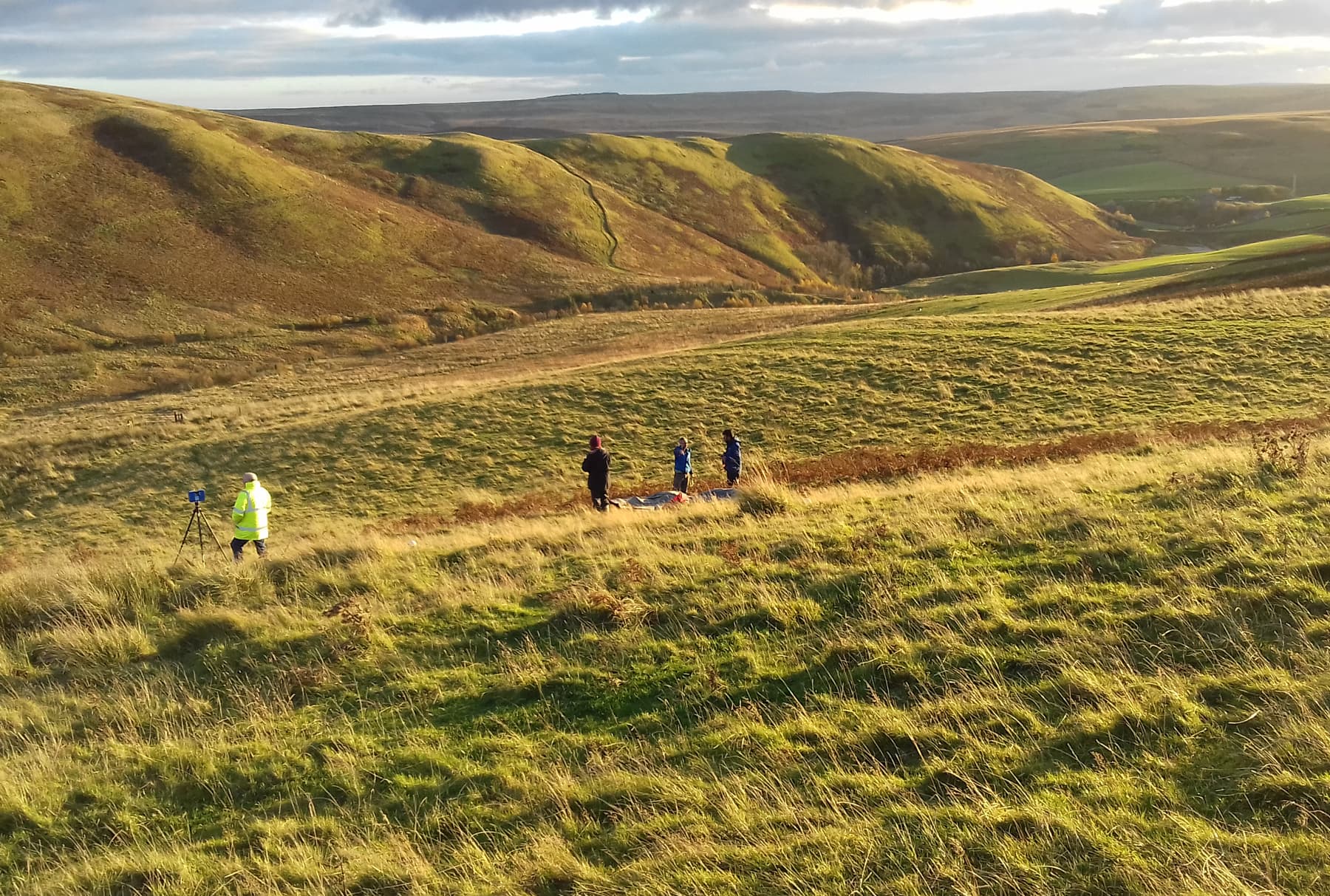
Directors and Cross-Faculty Steering Group
Our research is guided by a cross-faculty steering group including our workstream leads.
Maggie Roe
I am co-director of the Centre for Landscape. I am increasingly interested in bringing together fields of study in new and creative ways and in fostering the breaking down of traditional disciplinary barriers, particularly though collaborating with creative practitioners and communities to reveal new insights in landscape research. I act as a mentor to colleagues in their career development and to challenge conventional academic attitudes in order to support new approaches to disciplinary working.
Sam Turner
I am co-director of the Centre for Landscape. I am an archaeologist who works particularly on the development of historic landscapes since Antiquity and on medieval archaeology, My fieldwork is focussed mainly in the UK, Europe and the Mediterranean. I also research how historic landscapes and their heritage can contribute to informing sustainable landscape planning and management.
Maria Duggan
I am the Research Associate for the Centre for Landscape and the primary point of contact for enquiries. I am an archaeologist with research interests in the productive landscapes of the European Atlantic Seaboard and the Mediterranean. I enjoy collaborating across disciplinary boundaries to help develop innovative projects, and am interested in finding new ways to share and implement results of landscape research.
Clare Hickman
I work at the intersection of environmental and medical history. My research is innovative in taking an arts and humanities approach to topics normally investigated by social and natural scientists such as human relationships with landscape in relation to health and wellbeing. As a scholar with a background in science communication as well as history, I often investigate current issues through the lens of the past and I believe historic research on landscape and human health will become increasingly relevant in a post-Covid and Climate Crisis world.
Charlotte Veal
My research focuses on the intersections between: (dancing) bodies, geopolitics and creative security; performance protest and the city (including site, space, place and landmarks); art, militarism and war; and develops the theories and practices of creative research methods. Through my research, I aim to demonstrate the value of the cultural and political geographies of performance and/or creativity and the role of political performances in spearheading novel practices that support justice in landscape.
Annie Tindley
I am Professor of British and Irish Rural History and since November 2020 the Head of the School of History, Classics and Archaeology. My particular research interests revolve around land ownership, land reform and the aristocratic and landed classes from the mid-eighteenth to mid-twentieth centuries in the Scottish, Irish, British and imperial contexts. I have published widely on the ways in which landed elites defined and translated their power – territorial, political, social, financial – across their estates, the domestic political world of Westminster, and into the imperial context as governors and legislators.
Louise Rayne
I’m researching the development of water management in oases in the Sahara and investigating how this could inform future sustainability. Oases are environments created as a result of long-term, human-environment interactions but are vulnerable to human adaptability to changes (environmental, social, political). Although traditional methods of irrigation have been seen as sustainable, archaeological evidence for this is needed. I am following an interdisciplinary methodology using satellite imagery, archived data and fieldwork to map the traces of past water management features.
Rachel Gaulton
I joined Newcastle University in 2011 as a Lecturer in Remote Sensing and now work within the Modelling, Evidence and Policy group in the School of Natural and Environmental Sciences, whilst retaining strong teaching and research links to the Geospatial Engineering group within the School of Engineering. My research interests lie in the application of remote sensing techniques, including ground-based and drone mounted sensors, to ecology and environmental monitoring, with a particular focus on the measurement and monitoring of vegetation structure, dynamics and health. I teach remote sensing, primarily on the undergraduate Geospatial Engineering programmes.
Francesco Carrer
My main research interests are in landscape archaeology and ethnoarchaeology, mountain archaeology, spatial analysis and computer modelling. I am specifically interested in seasonal pastoralism, from an ethnographic and an archaeological perspective, and in the development of GIS applications for analysing long-term socio-ecological dynamics.